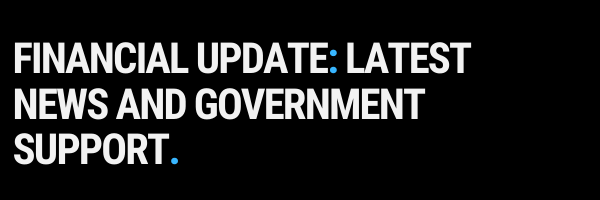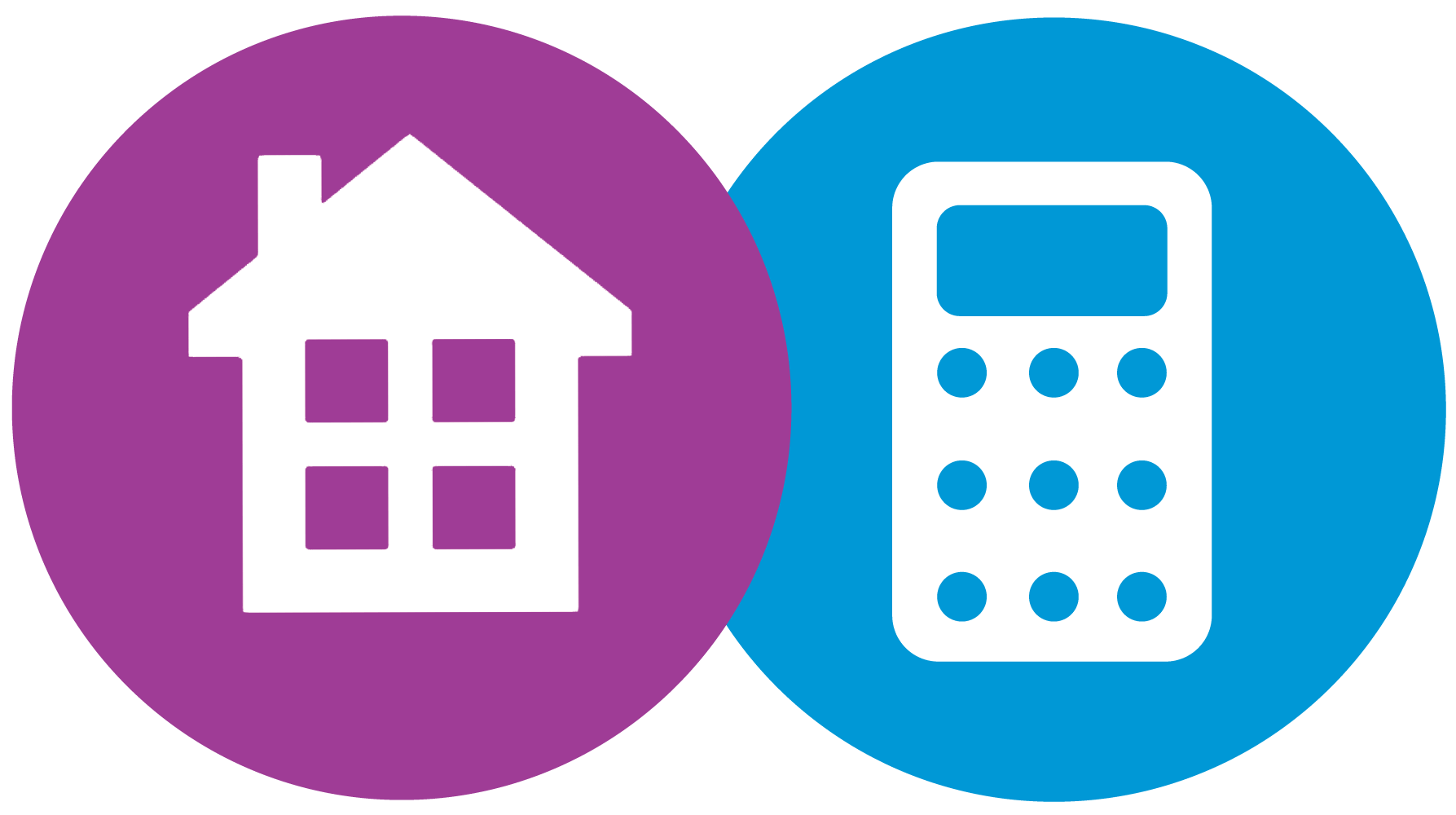
Financial update for construction firms including new VAT Reverse Charge: April 2021
Tuesday, April 20th, 2021
Our financial update for construction firms is taken from the government website where you will find further details on the topics below. It covers VAT Reverse Charge and the ongoing furlough scheme. And of course a new tax year started on 6th April. Where did the last year go?
VAT reverse charge on construction and building services
VAT-registered construction businesses should note that this reverse charge came in on 1 March 2021.
A Revenue and Customs Brief was issued in June 2020, giving more information.
Every VAT-registered construction business will have received an individual letter in January (further to letters in February and September 2020), advising them to check if they might be liable for the reverse charge. If they are liable, they now need to apply these rules in future.
Further information on the scope of the reverse charge and how it operates for building and construction services.
The key aspects are:
- it applies to standard and reduced-rated supplies of building and construction services made to VAT registered businesses, who in turn also make onward supplies of those building and construction services
- the contractor is responsible for paying the output VAT due rather than the sub-contractor and can continue to reclaim this amount as input tax
- scope of supplies affected is closely aligned to the supplies required to be reported under the Construction Industry Scheme but does not include supplies of staff or workers for use by the customer
- legislation introduces the concept of ‘end users’ and ‘intermediary suppliers’. This covers businesses or groups of associated businesses that do not make supplies of building and construction services to third parties and as such are excluded from the scope of the reverse charge if they receive such supplies. Examples include landlords, tenants, property developers and public bodies who are deemed contractors for CIS purposes. In order to be treated as end users and intermediary suppliers, the customer needs to notify the supplier in writing. This can be done by correspondence or as part of terms and conditions. There is more detail in the technical guidance
HMRC has been running webinars for businesses and they can register here. If no dates are showing as available, a webinar recording can be accessed here.
A guide for contractors and subcontractors with more information is available.
Coronavirus Job Retention Scheme
The UK Government will continue to pay 80% of employees’ usual wages for the hours not worked, up to a cap of £2,500 per month, up to the end of June 2021.
For periods in July, CJRS grants will cover 70% of employees’ usual wages for the hours not worked, up to a cap of £2,187.50. In August and September, this will then reduce to 60% of employees’ usual wages up to a cap of £1,875.
Note: April 2021 claims must be submitted no later than Friday 14 May 2021
Deferring VAT
If you deferred VAT payments due between 20 March 2020 and 30 June 2020 and still have payments to make, you can:
- pay the deferred VAT in full, on or before 31 March 2021
- use the online VAT deferral new payment scheme to spread your payment if you cannot afford to pay by 31 March 2021
The new scheme lets you pay your deferred VAT in equal instalments, interest free. You can spread your payments across 2 to 11 monthly instalments, including your first payment, depending on when you join. The earlier you join, the more months you have to spread your payments across.
If you join by:
- 19 May 2021, you can pay in 9 instalments
- 21 June 2021, you can pay in 8 instalments
You must opt into the VAT deferral new payment scheme by 21 June 2021.
If you’re on the VAT Annual Accounting Scheme or the VAT Payment on Account Scheme, you can join the scheme from 10 March 2021.
If you’ve a Time to Pay arrangement already in place for your deferred VAT, you cannot use the online scheme. If you need to amend your Time To Pay arrangement, contact HMRC to do this.
Check if you’re eligible for the VAT deferral new payment scheme
Statutory Sick Pay rebate
You can claim back Statutory Sick Pay (SSP) you’ve paid for employees who are off sick, self isolating or shielding because of coronavirus. This scheme will cover up to 2 weeks of SSP for every eligible employee.
You’re eligible if both of the following apply to your business:
- it’s based in the UK
- it has had fewer than 250 employees since 28 February 2020
Claim back Statutory Sick Pay paid to employees because of coronavirus
Support for businesses paying tax: Time To Pay Service
If you cannot pay your tax bill on time because of coronavirus, you may be able to delay it without a penalty using HMRC’s Time to Pay service.
You might be eligible if your UK business:
- pays tax to the UK government
- has outstanding tax liabilities
Find out what to do if you cannot pay your tax bill on time
Support to create job placements: Kickstart Scheme
The Kickstart Scheme gives you financial support to create new 6-month job placements for young people who are currently on Universal Credit and at risk of long-term unemployment. The scheme is open to all organisations.
It pays:
- 100% of the relevant National Minimum Wage for 25 hours a week
- employer National Insurance
- minimum automatic pension enrolment contributions
- £1,500 per job placement for setup costs, support and training
Check if you can apply for a Kickstart Grant
Recovery Loan Scheme
The Recovery Loan Scheme is to help businesses of any size access loans and other kinds of finance so they can recover after the pandemic and transition period.
You can get up to £10 million, but the actual amount offered will be at the discretion of participating lenders. The government guarantees 80% of the finance to the lender, but you will still be responsible for your debt.
The scheme is open until 31 December 2021.
You can apply for a loan if your business:
- is trading in the UK
You need to show that your business:
- would be viable were it not for the pandemic
- has been adversely impacted by the pandemic
- is not in collective insolvency proceedings (unless your business is in scope of the Northern Ireland Protocol in which case different eligibility rules may apply)
Businesses from any sector can apply, except:
- banks, building societies, insurers and reinsurers (but not insurance brokers)
- public-sector bodies
- state-funded primary and secondary schools
Find out if your business is eligible for the Recovery Loan Scheme.
Additional schemes and grants from your local council
You might be eligible for grants from your council. There are schemes for businesses that were closed by law and schemes for businesses that stayed open.
Additional Restrictions Grant
You might be able to get this grant if your business has been negatively affected by coronavirus.
Your local council will decide if you are eligible and how much you can get. Examples of what makes your business eligible could include:
- you do not pay business rates and your business was closed by law
- you supply an industry that had to close because of coronavirus, for example the retail, hospitality or leisure sector
- your business is in the events sector
Find out more about the coronavirus Additional Restrictions Grant. You’ll need to apply through your local council.
Update: Additional financial support for construction firms available
You might be eligible for other support, even if you’re not eligible for these schemes.
What to do if you’re self-employed and getting less work or no work.











